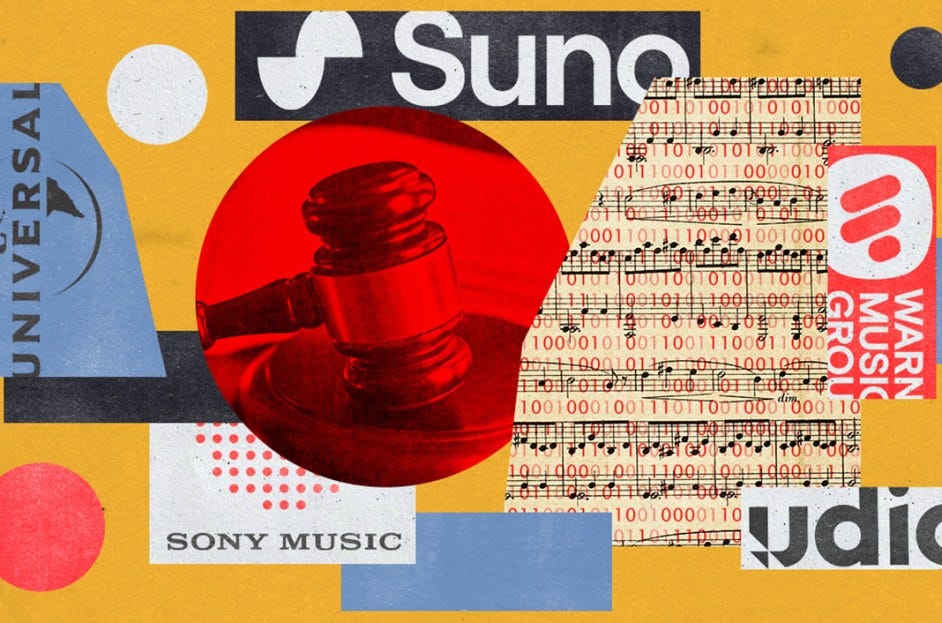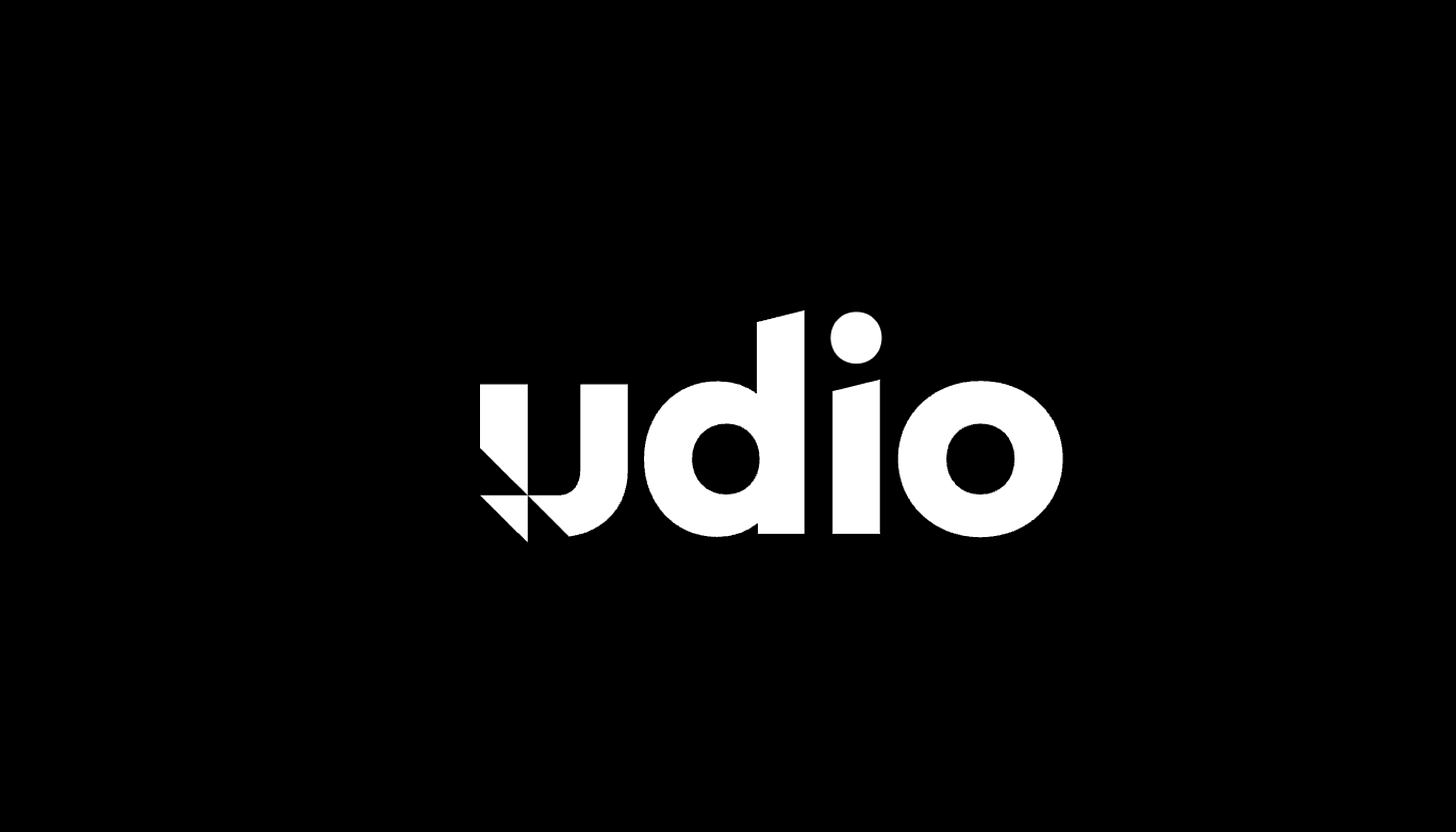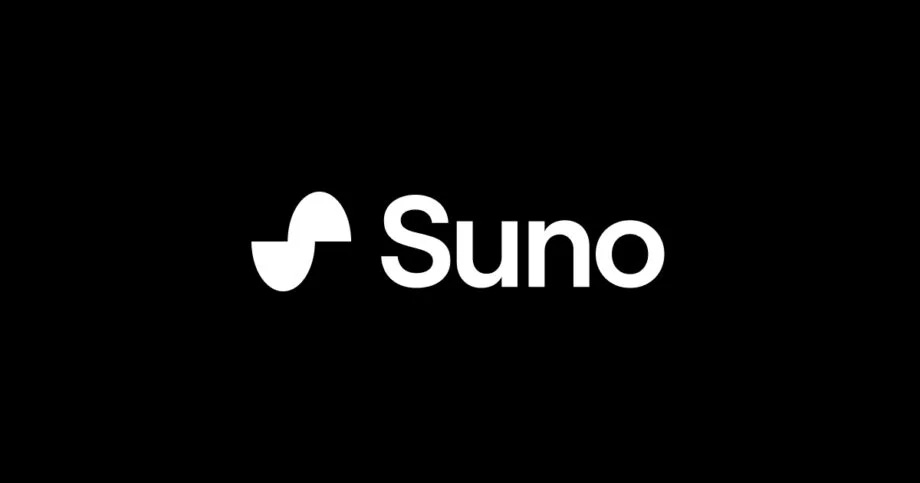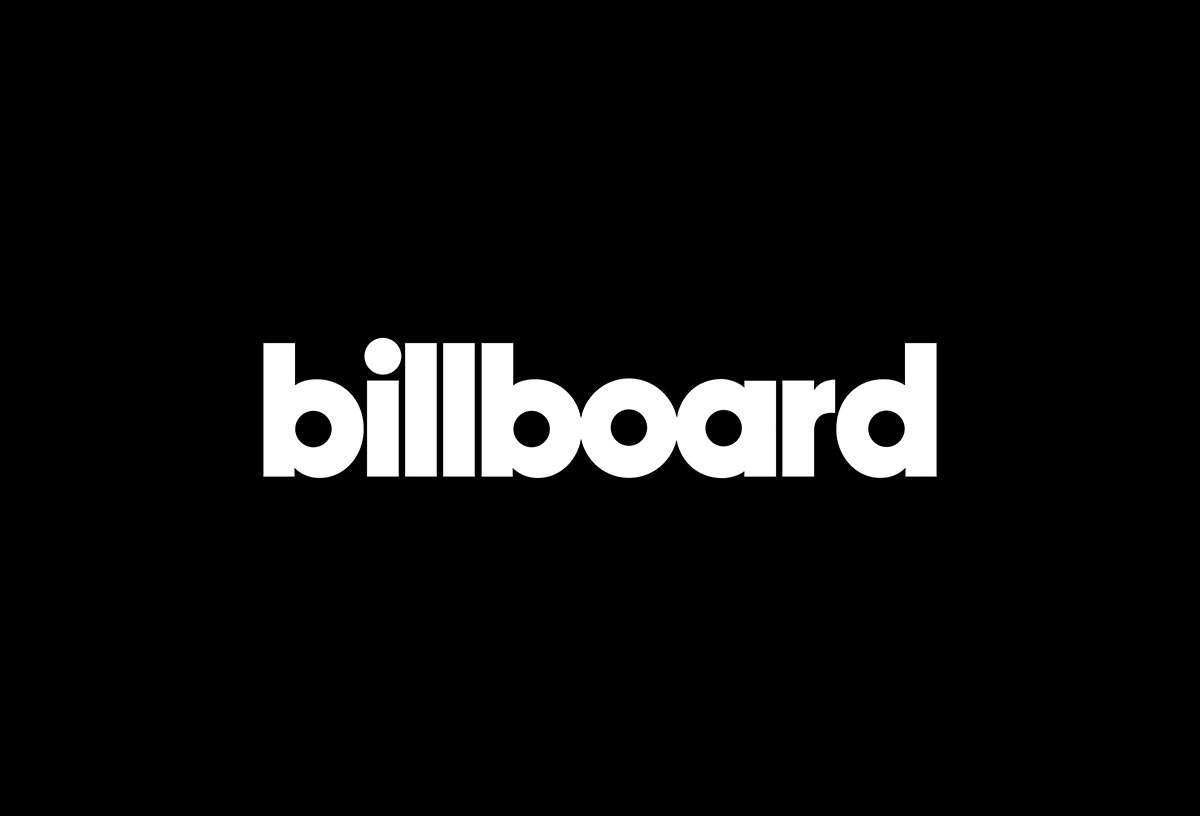#41. AI Copyright Wars Have Begun. Set to Music.
Suno, Udio, and an Old School Alley Fight. Set to West Side Story.
The Music Industry Is Testing the Legal Waters
How We Got Here
In a twist that surprises absolutely no one, the music industry has decided to take its ball and go home. Universal Music Group, Warner Music Group, and Sony Music Group have banded together like a corporate boy band to sue AI music generators Suno and Udio. Their hit single? "Copyright Infringement on a Massive Scale."
It now seems everyone from bestselling authors to news moguls is worried about robots stealing their intellectual lunch money.
The plaintiffs are seeking up to $150,000 per work infringed.*** Suno and Udio, meanwhile, are probably wishing they could generate an AI lawyer to help them out of this me$$. You’ll be surprised by their response. More in a bit.
Mitch Glazier of The Recording Industry Association of America (RIAA) chimed in with a press release, essentially saying, "How dare these AI startups do to artists what we've been doing for decades?" The irony is apparently lost on the industry that brought us such hits as "payola" and "360 deals.”
As the first lawsuit targeting AI music, this case joins the growing collection of "Humans vs. Machines" legal battles. It seems the future of creativity will be decided not in recording studios, but in courtrooms.
AI companies argue for fair use, a concept that has record executives scratching their heads and asking, "Wait, you mean sometimes people can use our stuff without paying us?" Stay tuned as this legal drama unfolds, proving once again that in the music industry, the only thing more common than a chord progression is a lawsuit.
The Legal Argument
Affiliate link.
Check out Eleven Labs if you’d like to clone your voice for the podcast you’re dying to make. Use this affiliate code and I make a few bucks to buy more software!
AI companies, ever the optimists, are waving the "fair use" flag like it's going out of style. They argue their digital prodigies are simply expressing themselves freely, transforming old tunes into something new.
Enter Suno and Udio, our plucky AI underdogs, taking on the music industry (whether intentional or not). They're pointing fingers at the major labels, suggesting these corporate behemoths are more interested in maintaining power than fostering innovation. It's David versus Goliath, if David were powered by algorithms and Goliath had a platinum record.
The core of this argument boils down to a simple question with a trillion-dollar price tag:
“Is AI creation, inspiration, or theft?”
Suno and Udio argue they're just digital musicians, learning from the greats - you know, if musicians could process millions of songs in milliseconds.
The RIAA, ever the voice of calm reason, paints a picture of a dystopian future (what’s new) where artists can't afford to eat because AI ate their royalties. They insist there's nothing fair about this use, apparently forgetting the music industry's own storied history of “artist-friendly” practices.
Court Filing (Answer)
Ever been sued? The defendants (in this case Suno and Udio) are delivered or “served” with a stack of documents detailing the lawsuit you will participate in. Said defendant(s) are required to file a response to the lawsuit. Their “Answer” is their documented response. Unfortunately, I am typing this from memory. Enough said.
In this particular lawsuit, the defendants “Suno” and “Udio” are being sued for copyright infringement to music that is protected Intellectual Property (IP). The defendants think otherwise as their Answer details.
The Answer
Suno and Udio hit back in a surprisingly direct and defiamt manner.
Billboard (8/1/24)
AAI music firms Suno and Udio are firing back with their first responses to sweeping lawsuits filed by the major record labels, arguing that they were free to use copyrighted songs to train their models and claiming the music industry is abusing intellectual property to crush competition.
Major Labels Sue AI Firms Suno and Udio for Alleged Copyright Infringement
In legal filings on Thursday, the two firms admitted to using proprietary materials to create their artificial intelligence, with Suno saying it was “no secret” that the company had ingested “essentially all music files of reasonable quality that are accessible on the open Internet.”
But both companies said that such use was clearly lawful under copyright’s fair use doctrine, which allows for the reuse of existing materials to create new works.
“What Udio has done — use existing sound recordings as data to mine and analyze for the purpose of identifying patterns in the sounds of various musical styles, all to enable people to make their own new creations — is a quintessential ‘fair use,’” Udio wrote in its filing. “Plaintiffs’ contrary vision is fundamentally inconsistent with the law and its underlying values.”
The Return of the Jedi
In an unexpected twist, Suno and Udio have decided that the best legal strategy is to go big or go home. Their law firm, Latham & Watkins, has eschewed the typical brief denials in favor of a more narrative approach. It seems they're auditioning for a legal bestseller rather than a court filing.
Our AI defendants aren't just responding to charges; they're setting the stage for what could be a years-long legal standoff. In doing so, they've taken aim at the major labels - Universal Music Group, Warner Music Group, and Sony Music Entertainment - painting them as the domineering figures in the music industry's ongoing drama.
Suno's filing suggests that the labels' real concern isn't about copyright, but competition. They portray themselves as the plucky underdogs, enablers of creativity for musicians, teachers, and everyday people. Meanwhile, the labels are cast in the role of the old guard, more focused on protecting their market share than fostering innovation.
This legal battle is shaping up to be less about simple copyright infringement and more about the future of the music industry itself. As the case unfolds, it's clear that both sides are prepared to face the music - even if they can't agree on who should be conducting the orchestra.
Arguments
Billboard (8/1/24)
“What the major record labels really don’t want is competition,” Suno wrote in its filing. “Where Suno sees musicians, teachers and everyday people using a new tool to create original music, the labels see a threat to their market share.”
Suno and Udio have quickly become two of the most important players in the emerging field of AI-generated music. Udio has already produced what could be considered an AI-generated hit with “BBL Drizzy,” a parody track popularized with a remix by super-producer Metro Boomin and later sampled by Drake himself. And as of May, Suno had raised a total of $125 million in funding to create what Rolling Stone called a “ChatGPT for music.”
So is it just a form of legal fair use, transforming all those old works into something entirely new?
In Thursday’s (8/1/24) response, Suno and Udio argued unequivocally that it was the latter. They likened their machines to a “human musician” who had played earlier songs to learn the “building blocks of music” — and then used what they had learned to create entirely new works in existing styles.
“Those genres and styles — the recognizable sounds of opera, or jazz, or rap music — are not something that anyone owns,” Suno wrote in its filing. “Our intellectual property laws have always been carefully calibrated to avoid allowing anyone to monopolize a form of artistic expression, whether a sonnet or a pop song.”
The core question at issue is whether using copyrighted works to train AI models constitutes fair use by transforming the original works into something entirely new.
In their Thursday response, Suno and Udio firmly argued that their use of copyrighted material falls under fair use. They drew a comparison between their AI systems and human musicians, suggesting that both learn from existing music to understand fundamental musical concepts. They argued that this knowledge is then applied to create new works within established musical styles.
Suno's filing emphasized that musical genres and styles are not owned by any individual or entity. They stated that intellectual property laws are deliberately designed to prevent monopolization of artistic expression, whether in literature or music. The implication is that their AI-generated music, while inspired by existing styles, represents a new and transformative use of the source material.
Read the Answers (legal response) from Suno or Udio
Suno’s here
Udio’s here
What It Could Mean
The lawsuits demand three specific outcomes: An admission from Suno and Udio that their AI models trained on the labels' music libraries. Injunctions to halt this training and any subsequent use of the copyrighted material. Damages of up to $150,000 per song.
*** Read this Reddit post if you want to go deep on damages; an engaging position on why additional actual “damages” are not being sought.
Thanks for the read. Please share and restack so other may read this. Many thanks.











